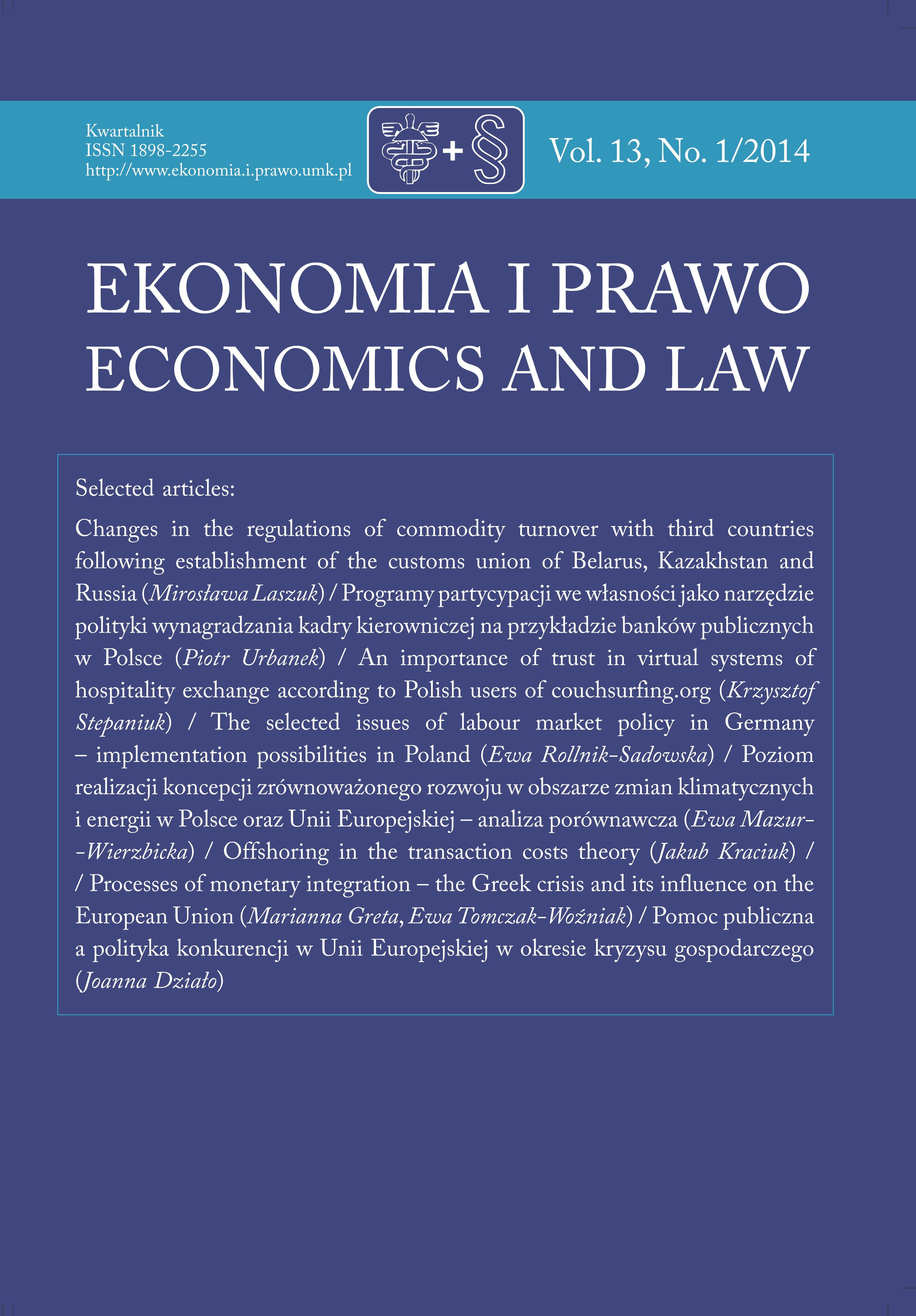THE IMPACT OF REGULATIONS ON EXECUTIVE COMPENSATION IN THE US FINANCIAL INSTITUTIONS
THE IMPACT OF REGULATIONS ON EXECUTIVE COMPENSATION IN THE US FINANCIAL INSTITUTIONS
Author(s): Agnieszka Słomka-GołębiowskaSubject(s): Economy, Supranational / Global Economy
Published by: Wydawnictwo Naukowe Uniwersytetu Mikołaja Kopernika
Keywords: corporate governance; executive compensation; banks; US; path dependency
Summary/Abstract: The purpose of this article is to present the path dependence of regulation as an important engine of evolution of executive compensation in the US financial institutions. In particular, the impact of regulations, including tax laws, accounting principles and disclosure requirements of public companies on the practice of rewarding executives of the US banks is examined. The regulatory changes contributed to the fact that executive compensations since 90s. are the highest in the world due to commonly used stock options that are the largest component of executive pay. Combining no accounting expense on the company’s books, but a large deduction for tax purposes stock options virtually exploded. The dynamic rise of executive compensation was not halt by routinely expanded by SEC disclosure requirements. The regulations, developed in good faith, caused a number of unintended and costly side effects. The nature of regulation introduced in the United States was more disciplining than constructive due to the fact that they were initiated by politicians who are guided by a political agenda rather than the value for bank's shareholders and other stakeholders.
Journal: Ekonomia i Prawo. Economics and Law
- Issue Year: 13/2014
- Issue No: 1
- Page Range: 175-194
- Page Count: 20
- Language: Polish

